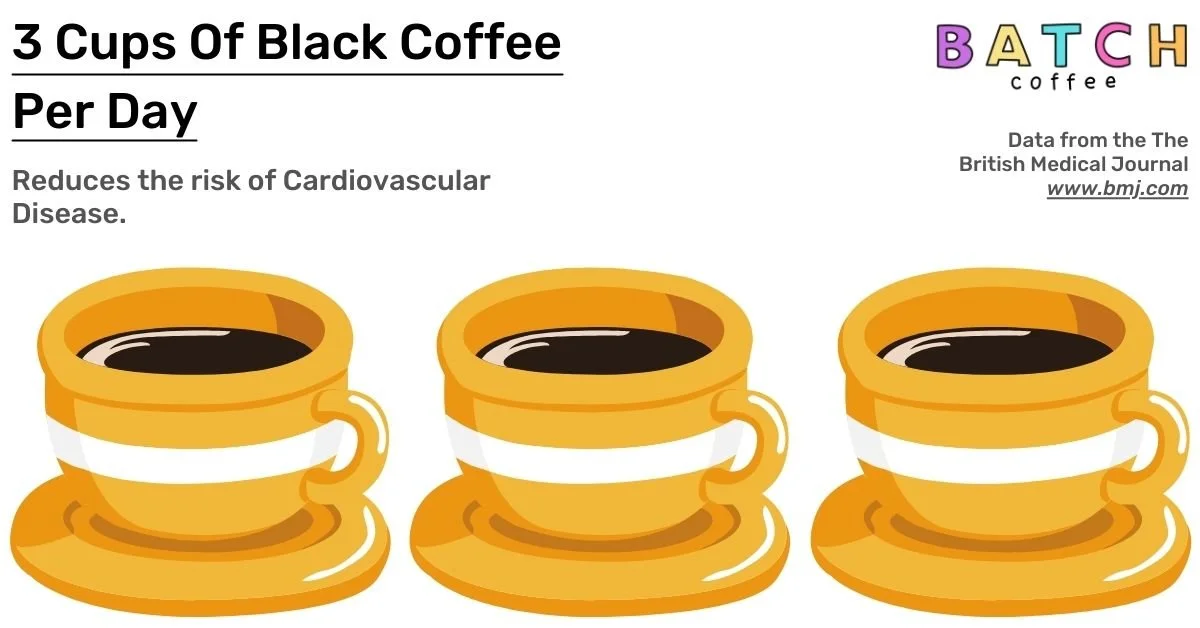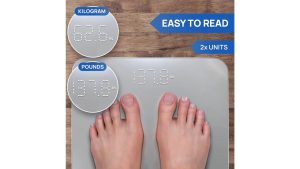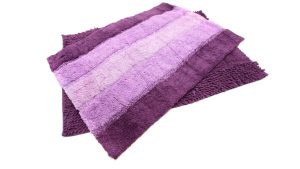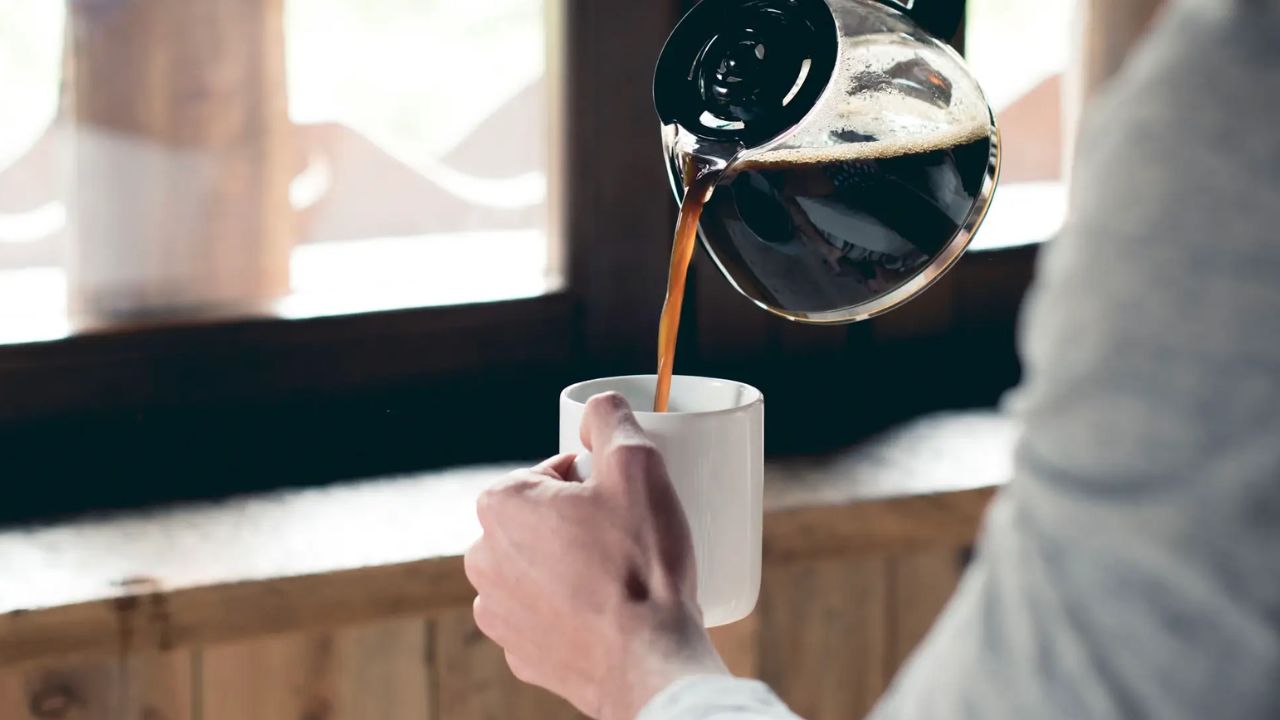How Many Calories in Black Coffee: Zero or More?

Black coffee contains 2 calories per 8-ounce cup. It has no significant fats, carbohydrates, or protein.
Black coffee is a popular beverage enjoyed worldwide. It is known for its rich flavor and health benefits. Many people choose black coffee for its low-calorie content. This makes it a great option for those watching their weight. Drinking black coffee can boost your metabolism and improve focus.
Its antioxidants help reduce the risk of certain diseases. Black coffee also contains essential nutrients like potassium and magnesium. This simple drink can be a powerful addition to a healthy diet. Enjoying a cup of black coffee can provide both energy and health benefits.
Caloric Content Of Black Coffee
Black coffee is a popular drink. It is known for its bold flavor. But many wonder about its calorie count. This section explores the caloric content of black coffee. We will also compare it with other beverages.
Factors Affecting Calorie Count
The calorie count in black coffee is very low. A standard 8-ounce cup contains about 2 calories. Some factors can affect this number. The type of coffee bean matters. The brewing method also plays a role. Adding sugar or milk will increase the calories.
- Type of Coffee Bean: Different beans have different calorie counts.
- Brewing Method: Methods like espresso or drip can change the calories.
- Additives: Sugar, milk, or cream can add many calories.
Comparison With Other Beverages
Black coffee is low in calories compared to other drinks. Let’s look at some examples.
| Beverage | Calories (per 8-ounce cup) |
|---|---|
| Black Coffee | 2 |
| Latte | 120 |
| Orange Juice | 112 |
| Soda | 150 |
Black coffee has fewer calories than most drinks. A latte has 120 calories. Orange juice has 112 calories. Soda has 150 calories. Black coffee is a better choice for those watching their calorie intake.
The Brewing Process
Understanding the brewing process of black coffee is essential. Different methods can influence its calorie count. Let’s explore how brewing affects the calorie content of black coffee.
Impact On Calories
Black coffee itself has minimal calories. The brewing process can slightly alter this. The main factors include the coffee beans and water used.
Here is a brief overview:
- Standard drip coffee: 2 calories per 8 oz cup.
- French press: 2-5 calories per 8 oz cup.
- Espresso: 1 calorie per 1 oz shot.
The differences are minimal but noticeable. The brewing method impacts the calorie count slightly.
Methods Compared
Comparing brewing methods can highlight their calorie impact.
| Brewing Method | Calories | Notes |
|---|---|---|
| Drip Coffee | 2 | Standard method, minimal calories. |
| French Press | 2-5 | More oils, slightly higher calories. |
| Espresso | 1 | Concentrated, fewer calories per shot. |
The French press can have more calories due to oils. Espresso remains the lowest due to its concentration.
Understanding these differences helps in making informed choices. Choose the method that suits your taste and calorie preference.
Additives And Their Caloric Impact
Black coffee is a low-calorie drink. But, additives can change that. Adding milk, sugar, or syrups increases the calorie count. Knowing the impact can help you make healthier choices.
Common Coffee Add-ins
| Additive | Calories (per serving) |
|---|---|
| Sugar (1 tsp) | 16 |
| Whole Milk (1 oz) | 18 |
| Heavy Cream (1 tbsp) | 52 |
| Flavored Syrup (1 pump) | 20 |
Choosing Healthier Alternatives
You can choose healthier alternatives to keep calories low. Here are some options:
- Stevia: Zero-calorie sweetener.
- Almond Milk: Low-calorie milk substitute.
- Cinnamon: Adds flavor without calories.
- Cocoa Powder: Low-calorie chocolate flavor.
Choose these options to enjoy coffee without extra calories.
Nutritional Profile Of Black Coffee
Black coffee is a popular beverage around the world. It’s known for its rich flavor and energizing properties. But what many don’t realize is that black coffee also offers several nutritional benefits. Let’s take a closer look at the key components of black coffee’s nutritional profile.
Vitamins And Minerals
Black coffee contains a variety of essential vitamins and minerals. These nutrients contribute to its health benefits.
- Vitamin B2 (Riboflavin): Helps convert food into energy.
- Vitamin B3 (Niacin): Supports metabolism and skin health.
- Vitamin B5 (Pantothenic Acid): Important for hormone production and energy.
- Manganese: Assists in bone formation and nutrient absorption.
- Potassium: Regulates fluid balance and muscle contractions.
- Magnesium: Supports muscle and nerve function.
Though these vitamins and minerals are present in small amounts, they add to the overall nutritional value of black coffee.
Antioxidants And Other Compounds
Black coffee is rich in antioxidants. These compounds protect cells from damage.
Some important antioxidants and compounds in black coffee include:
- Chlorogenic Acid: Helps reduce inflammation and control blood sugar.
- Cafestol: May have anti-inflammatory and anti-cancer properties.
- Trigonelline: Can help protect against diabetes and bacteria.
These antioxidants and compounds provide additional health benefits, making black coffee a nutritious choice.
In summary, black coffee is not just a caffeine boost. It offers a range of essential vitamins, minerals, and antioxidants.
Black Coffee In Different Cultures
Black coffee is enjoyed around the world. Each culture has its unique way of preparing it. This leads to different flavors and experiences. Let’s explore how black coffee varies across cultures.
Preparation Variations
Black coffee preparation methods differ globally. Here are some popular variations:
- Turkish Coffee: Finely ground coffee beans, boiled in water with sugar.
- Italian Espresso: Pressurized hot water through finely ground coffee.
- American Drip Coffee: Hot water drips over ground coffee in a filter.
Each method brings out different flavors and aromas. The grind size and brewing time affect the taste.
Caloric Differences
Black coffee calories can vary slightly by preparation method. Here is a quick comparison:
| Preparation Method | Calories per Cup (8 oz) |
|---|---|
| Turkish Coffee | 2 |
| Italian Espresso | 1 |
| American Drip Coffee | 2 |
Adding sugar or milk increases the calorie count. For pure black coffee, the calorie difference is minimal.
In summary, black coffee is a low-calorie beverage. The preparation method adds unique flavors. Enjoy exploring black coffee from different cultures!
Black Coffee In Diets And Fasting
Black coffee is a staple in many diets and fasting routines. It’s low in calories and offers various health benefits. Let’s explore how black coffee fits into diets and fasting.
Intermittent Fasting And Coffee
Intermittent fasting is a popular weight loss method. It alternates between eating and fasting periods. Drinking black coffee during fasting can help. Black coffee has almost zero calories. It helps curb hunger and boosts energy levels. Coffee also enhances mental clarity, making fasting easier.
Coffee’s Role In Weight Management
Black coffee plays a significant role in weight management. It boosts metabolism, helping burn more calories. Here are some benefits:
- Increases fat burning
- Reduces appetite
- Improves physical performance
Black coffee also contains antioxidants, which are good for health. It has natural compounds that help break down fat. Including black coffee in a diet can support weight loss goals.
Here’s a quick look at the calories in black coffee:
| Type | Calories |
|---|---|
| Black Coffee (8 oz) | 2 |
| Espresso (1 oz) | 1 |
Black coffee is a low-calorie beverage. It’s ideal for those looking to manage their weight.
Myths And Misconceptions
Black coffee is a popular drink. Many people enjoy it daily. There are many myths and misconceptions about its calorie content. Some believe it has zero calories. Others think it can boost metabolism. Let’s explore these ideas.
Zero Calories Debate
Many people think black coffee has zero calories. This is partly true. Black coffee has very few calories. A typical 8-ounce cup contains about 2 calories. These calories come from the natural oils and tiny amounts of protein in coffee beans.
Some people add cream or sugar to their black coffee. This changes the calorie count. A tablespoon of cream adds about 52 calories. A teaspoon of sugar adds about 16 calories. So, black coffee itself is very low in calories. But, additions can increase the total calories quickly.
Metabolism And Coffee
Some believe coffee boosts metabolism. This is partly true. Coffee contains caffeine. Caffeine can increase your metabolic rate. A faster metabolism burns more calories. This effect is small but real.
Studies show caffeine can boost metabolism by 3-11%. This depends on the person and the amount of coffee. It also depends on the person’s age, weight, and activity level. So, while coffee can help, it is not a magic solution.
Here is a table showing the effect of caffeine on metabolism:
| Amount of Coffee | Increase in Metabolism |
|---|---|
| 1 cup | 3% |
| 2 cups | 5% |
| 3 cups | 7% |
| 4 cups | 11% |
So, enjoy your black coffee. It has very few calories. It can even help boost your metabolism a little. Just be mindful of what you add to it.
Measuring And Tracking Calories
Understanding how many calories are in black coffee is crucial. Tracking these calories can help you stay on top of your health goals. Let’s explore some effective tools and methods.
Tools And Apps
Several tools and apps can help you track the calories in black coffee. These tools provide accurate data, making your calorie tracking easier.
- MyFitnessPal: This app is very popular for tracking calories. You can log your coffee intake easily.
- Lose It!: Another great app for tracking calories. It offers an easy-to-use interface.
- Calorie Counter by FatSecret: This app provides detailed nutritional information.
These apps offer databases with the calorie counts of various foods and beverages. Logging your daily intake becomes a breeze.
Importance Of Accuracy
Accuracy is key when tracking calories. Even small errors can add up over time. Always use reliable sources to get the most accurate data.
| Tool/App | Features | Rating |
|---|---|---|
| MyFitnessPal | Extensive database, User-friendly | 4.5/5 |
| Lose It! | Easy to use, Customizable | 4/5 |
| Calorie Counter by FatSecret | Detailed nutritional info, Barcode scanner | 4.2/5 |
Being precise with your calorie tracking helps in achieving your health goals. Always double-check the data you enter.
Manual tracking can also be a good method if you prefer writing things down. You can use a simple notebook or a calorie tracking journal.
- Measure your coffee accurately.
- Use a reliable calorie chart.
- Log the calories every day.
Staying consistent is the key. Whether you use an app or a notebook, ensure your data is accurate.
Frequently Asked Questions
How Many Calories In A Cup Of Black Coffee?
A cup of black coffee contains approximately 2 calories. It is a low-calorie beverage choice. Enjoy it without guilt!
Is Black Coffee Ok For Weight Loss?
Yes, black coffee can aid weight loss. It’s low in calories and can boost metabolism. Avoid adding sugar or cream.
How Many Calories Are In Just Black Coffee?
Black coffee typically contains only 2 calories per 8-ounce cup. It’s a low-calorie beverage choice.
Is All Black Coffee 0 Calories?
Yes, plain black coffee typically contains 0 calories. Avoid adding sugar, cream, or milk to maintain zero calories.
How Many Calories In Black Coffee?
Black coffee contains approximately 2 calories per 8-ounce cup.
Does Black Coffee Have Any Fat?
Black coffee has no fat content.
Is Black Coffee Calorie-free?
Black coffee is not calorie-free; it has about 2 calories per cup.
Can Black Coffee Help With Weight Loss?
Yes, black coffee can aid in weight loss due to its low-calorie count.
Does Black Coffee Contain Sugar?
No, black coffee contains no sugar unless you add it.
Is Black Coffee Good For Fasting?
Yes, black coffee is often consumed during fasting as it has very few calories.
Conclusion
Black coffee is a low-calorie beverage, perfect for those watching their intake. It contains virtually no calories. Enjoying black coffee can be a healthy choice. Remember to skip sugar and cream for maximum benefits. Embrace the simplicity of black coffee and its potential health advantages.



:max_bytes(150000):strip_icc()/black-coffee_annotated-dc9e981c8fec4d5a9ba5ad5887d06d57.jpg)










